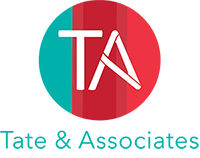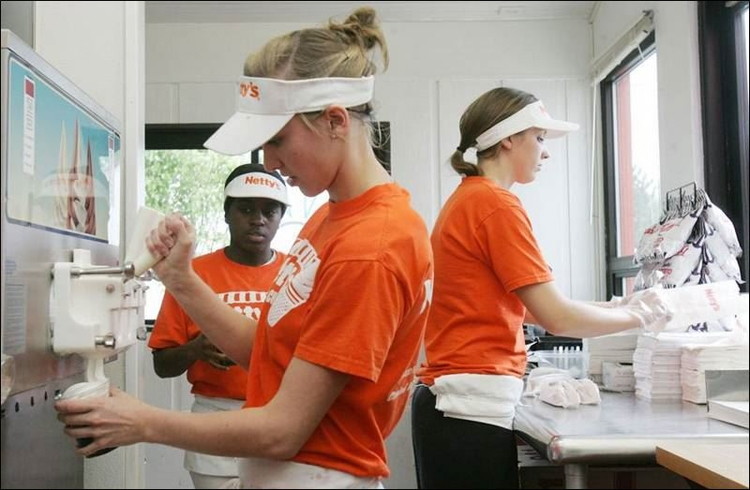The job market is becoming more competitive, especially with minimum wage jobs. You will need to hurry and figure out a game plan to land a summer job that will give you valuable work experience.
By law, you need to be at least 14 to be hired for many jobs, and 16 to be hired for jobs without restrictions on hours worked.
Here are some tips to give you a competitive edge when it comes applying for jobs:
1. Start looking now (most jobs will be filled by May)!
With the job market this tight, you need to get your resume together right now.
(According to a SnagaJob survey, 74% of employers will fill positions by the end of May.)
You can find tons of sample resumes online, but the basics to include are your contact information, education, and work experience.
List exact duties you have experience with, like helping with homework (aka “tutoring”) or extracurricular activities.
2. Don’t be a job snob.
When it comes to summer jobs, don’t hold out for a dream job.
Research shows that if you work between one and 13 weeks in one year, you’re more likely to land a job the following year.
Whatever the job, it’ll look good on a college application because it shows you know how to work hard and take some financial responsibility for yourself.
3. Expect Rejection
Getting rejected when you apply for a job you want doesn’t feel good, but it’s not the end of the world.
You can still earn money by taking on odd jobs like mowing lawns or babysitting. You could also consider volunteering, which can give you solid work experience and boost your college application.
Just remember that the entire experience of summer job hunting, rejections and all, is an important life experience. It’ll help you later when you’re navigating the world of work, which you’ll be doing in one way or another for the rest of your life.
My organization enjoys working with high school and college-aged students in helping them develop job skills to become successful in jobs and their career. We have a new program that will teach these students soft skills in areas of leadership, communication, and interpersonal relationships.
If you are interested in our Workforce Readiness Training, click here to learn more.

